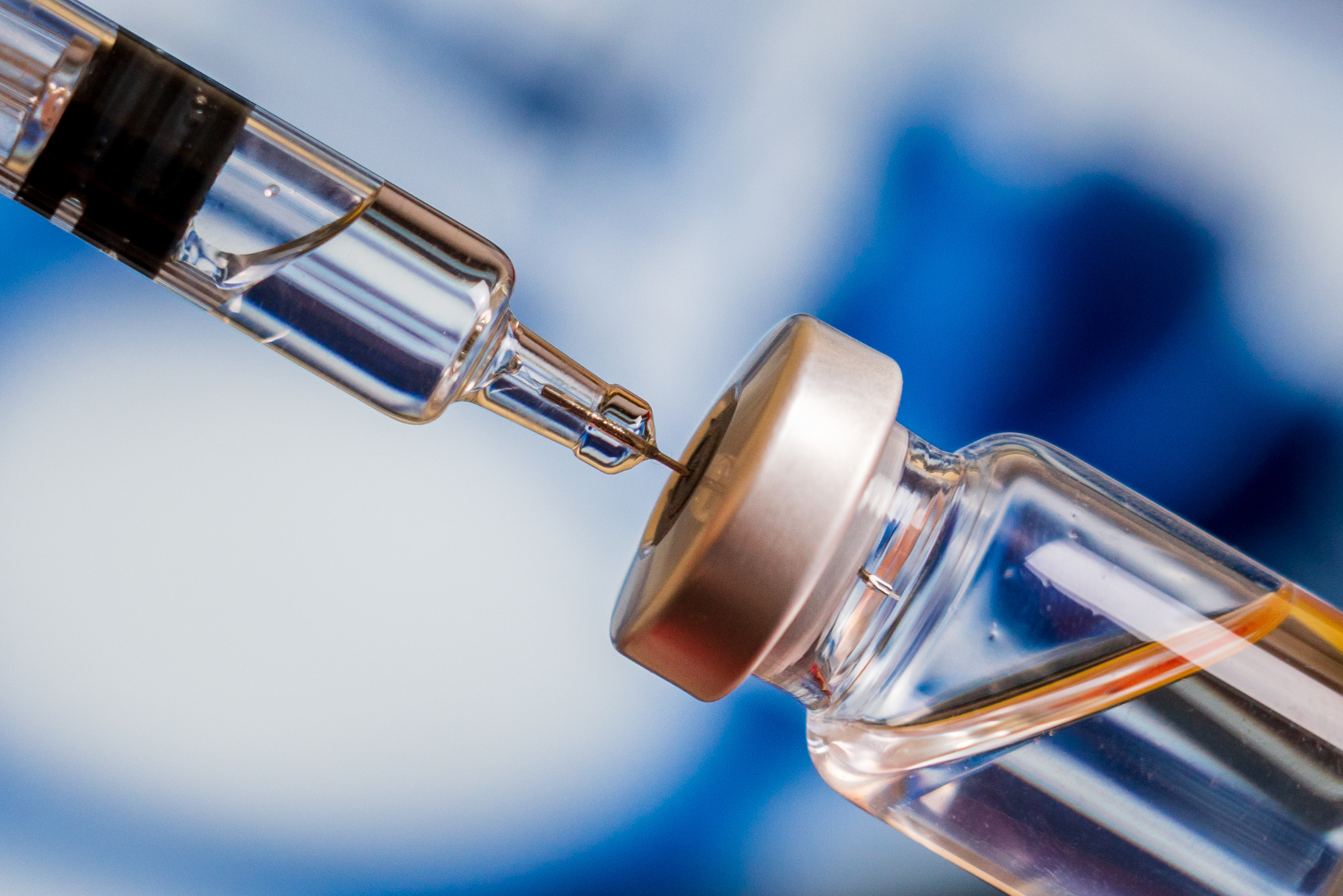
The addition of adjuvant mRNA-4157—a novel mRNA-based individualized neoantigen therapy—to pembrolizumab numerically improved recurrence-free survival in patients with completely resected high-risk cutaneous melanoma, according to a recent study published by Weber et al in The Lancet. In the open-label phase IIb KEYNOTE-942 trial, researchers randomly assigned 157 patients from the United States and Australia 2:1 between July 2019 and September 2021 to receive mRNA-4157 plus pembrolizumab (n = 107) or pembrolizumab monotherapy (n = 50). The patients in the combination group received pembrolizumab at 200 mg every 3 weeks during mRNA-4157 manufacturing; upon availability, 1 mg of mRNA-4157 was administered intramuscularly for a maximum of 9 doses together with pembrolizumab (maximum of 18 doses) in 3-week cycles. Pembrolizumab monotherapy at 200 mg was given every 3 weeks for up to 18 doses. The primary endpoint of the trial was recurrence-free survival. After a median follow-up of 23 months in the combination group and 24 months in the control group, recurrence or death occurred in 22% (n = 24) of the patients in the combination group vs 40% (n = 20) of the patients in the control group. The hazard ratio for recurrence-free survival for the combination group vs the control group was 0.561 (95% CI = 0.309–1.017); rates at 12 and 18 months were 83% vs 77% and 79% vs 62%, respectively. An increased separation of the recurrence-free survival curves was observed over time—indicating a trend for improved piecewise hazard ratio after 40 weeks. Distant metastasis–free survival was extended in the combination group (hazard ratio = 0.347, 95% confidence interval = 0.145–0.828); rates at 12 and 18 months were 93% vs 89% and 92% vs 77%, respectively. The study authors concluded: “These results provide evidence that an mRNA-based individualized neoantigen therapy might be beneficial in the adjuvant setting.”